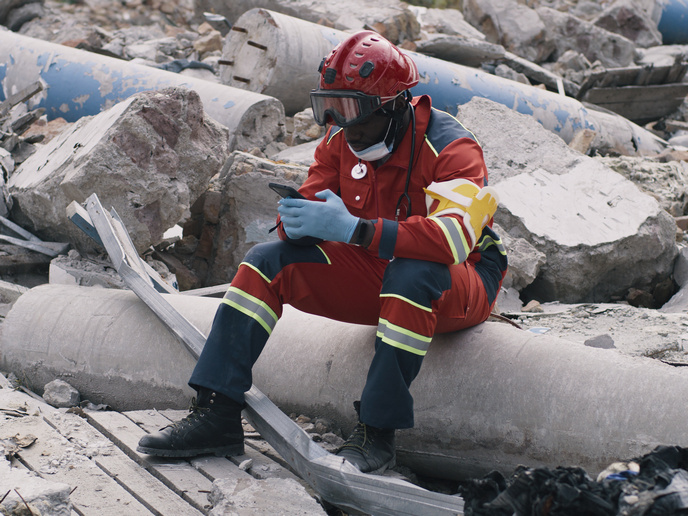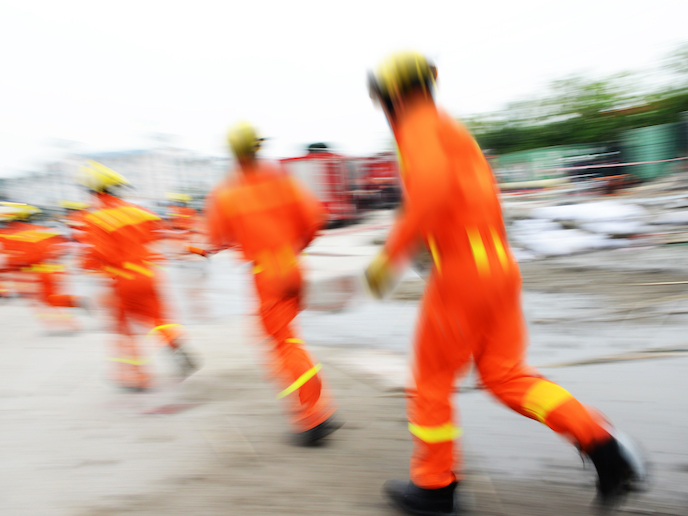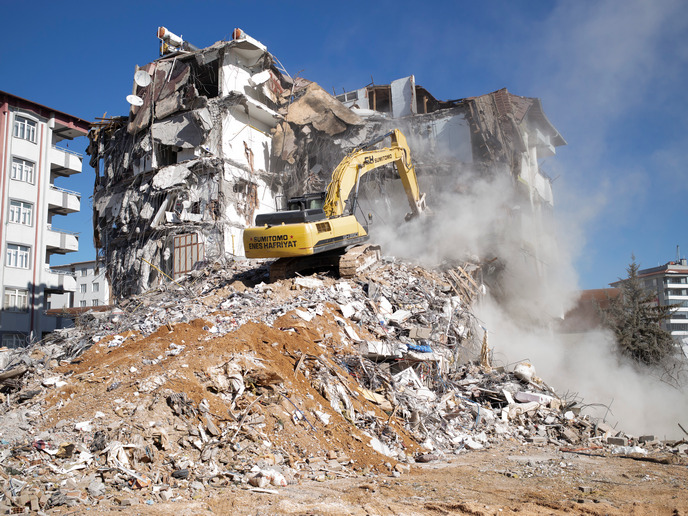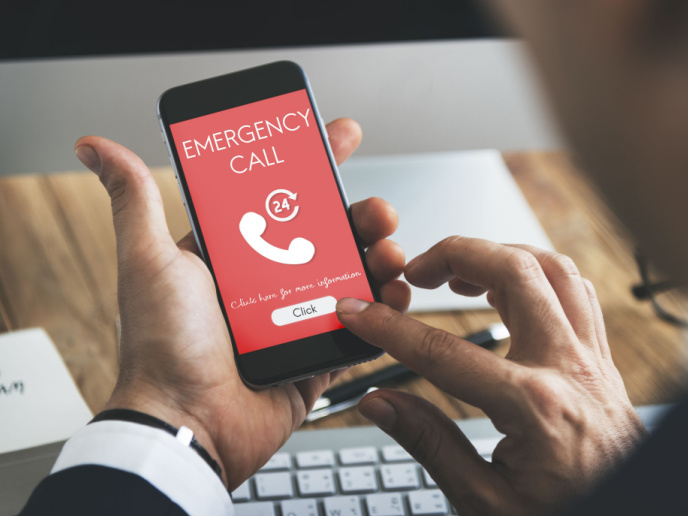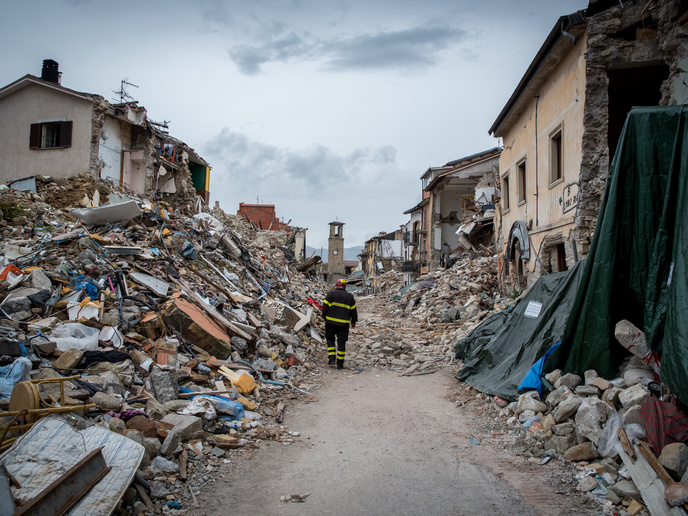Integrating social media and crowdsourcing into the disaster management cycle
When it comes to disaster risk management, everyone has a role to play – a role that could start with your social media feed. “In recent years, social media and crowdsourcing have been integrated into crisis management for improved information gathering and collaboration across European communities,” says Nathan Clark, scientific coordinator of the EU-funded LINKS project and disaster governance researcher at the Vrije Universiteit Amsterdam. Unfortunately, the effectiveness of social media and crowdsourcing on European disaster resilience remains unclear. This is due to the diversity in disaster risk perceptions, the range of vulnerabilities in disaster management processes, and the vast array of disaster community technologies available across Europe today. “By producing sustainable, advanced learning on the use of social media and crowdsourcing in disaster scenarios, the LINKS project aimed to strengthen the links between technologies and society and, in doing so, improve European disaster resilience,” notes Clark.
A comprehensive resource for disaster management
At the heart of the project is the LINKS Framework, which consolidates knowledge and experiences regarding the uses of social media and crowdsourcing into useful products for relevant stakeholders. “The Framework is a knowledge resource for disaster management organisations and other relevant stakeholders, guiding them in the use of social media and crowdsourcing before and during disasters,” explains Clark. “It consists of a number of different products – libraries on technologies, guidelines and use cases – which can help users integrate social media and crowdsourcing into their disaster risk management strategies.” The LINKS Framework was developed through a practitioner-driven approach and evaluated across different countries and within specific disaster scenarios, including earthquakes, flooding, industrial disasters, terrorism and drought. “This approach allowed us to identify the positive and negative impacts that social media and crowdsourcing have in different geographical contexts, conditions and situations,” adds Clark.
A community dedicated to improving European disaster resilience
The Framework can be accessed via the LINKS Community Center (LCC). Dedicated to improving European disaster resilience through the effective use of social media and crowdsourcing, the LCC brings together first responders, public authorities, civil society organisations, business communities, citizens and researchers from across Europe. “Diversity and stakeholder involvement are crucial to the Community’s ongoing success, as they will contribute to a more inclusive and resilient disaster management, from preparedness to response, recovery, mitigation and prevention,” remarks Clark. In addition to hosting the Framework, the LCC is also the place to go for online and in-person tools, information exchange and events. One of those tools is the Resilience Wheel, which stakeholders can use for discussing and assessing what authorities, NGOs and private sector organisations working with disasters need to consider when using social media and crowdsourcing in disaster management processes.
New pathways for using social media and crowdsourcing in disaster response
There is clearly an urgent need to develop new pathways for effectively using social media and crowdsourcing within the disaster management arena. “By increasing our knowledge about the potential role social media and crowdsourcing can play in disaster risk management and by bringing together stakeholders from across Europe, the LINKS project has established the trailhead from which such pathways will be blazed,” concludes Clark. These pathways will be further developed via the strong relationships formed between the LINKS project and the Community for European Research and Innovation for Security (CERIS), the Crisis Management Innovation Network Europe (CMINE) and other Horizon Europe-funded projects, including the SYNERGIES project.
Keywords
LINKS, social media, crowdsourcing, disaster management, crisis management, SYNERGIES



